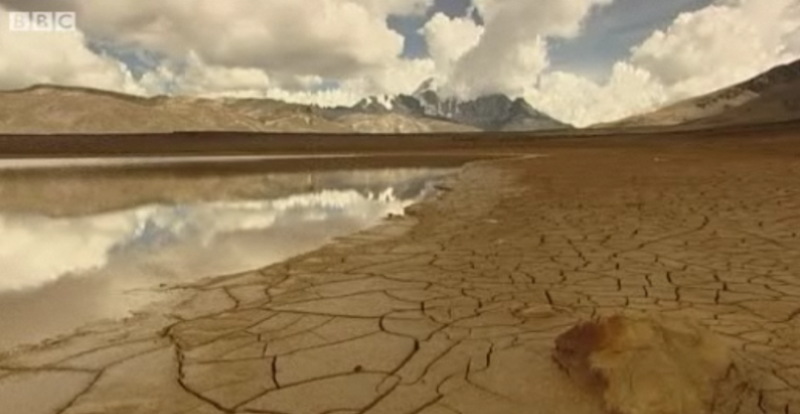Vanishing glaciers imperil Bolivia
By David Shukman
Environment correspondent, BBC News, La Paz, Bolivia Fears are growing for the future of water supplies in one of Latin America’s fastest-growing urban areas – Bolivia’s sprawling city of La Paz and its neighbour El Alto. Scientists monitoring the glaciers high in the Andes mountains – a key source of water – say the ice is showing signs of shrinking faster than previously forecast. Faced with a booming population and a combination of glacial retreat and reduced rainfall, the governor of the La Paz region is even contemplating moving people to other parts of Bolivia. Water is already in short supply among the poorest communities and has become a cause of tension. In El Alto’s District 8, I watched 13-year-old Christian Muraga fill a bucket from a communal tap shared with 80 families. I asked if the tap always produces water. “No, there isn’t water every day from this tap, sometimes nothing.” The nearest alternative is nearly one kilometre away. Campaign groups say as many as one quarter of the city’s population do not have ready access to water. Sergio Criales of Oxfam told me: “The problem is getting worse because of climate change and because they don’t have enough water to cover all their demands.” … Water has become so precious that we even found a group of women cleaning plastic bags in a heavily contaminated stream that stank of raw sewage. When I asked why they were doing this, one replied that she had no alternative. “There is no other water to use. I know it is dirty and I am worried about my children. But what can I do?” …
